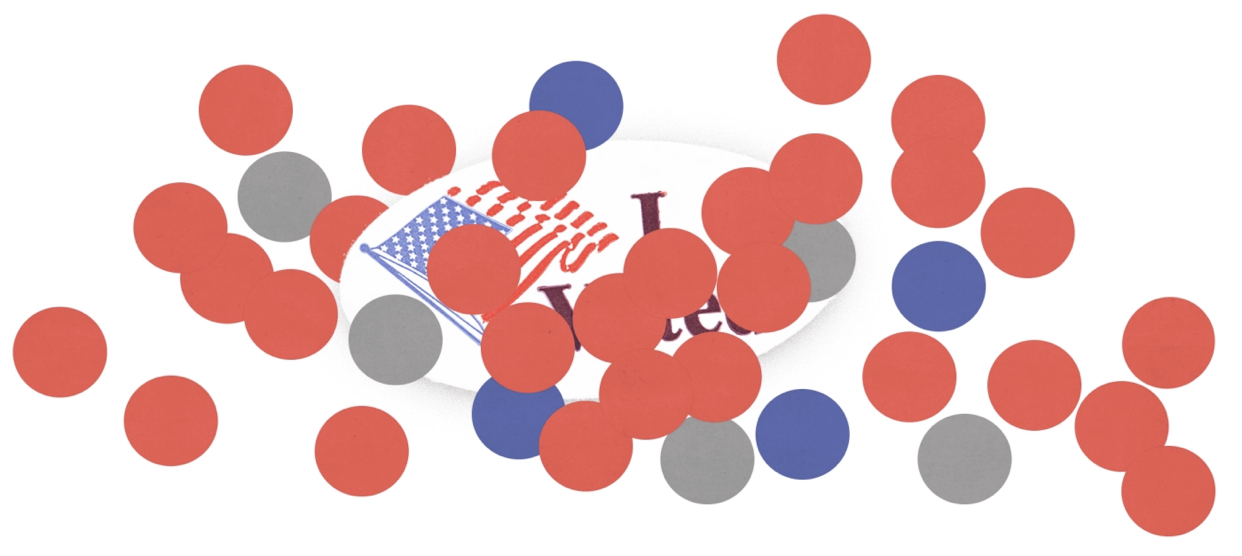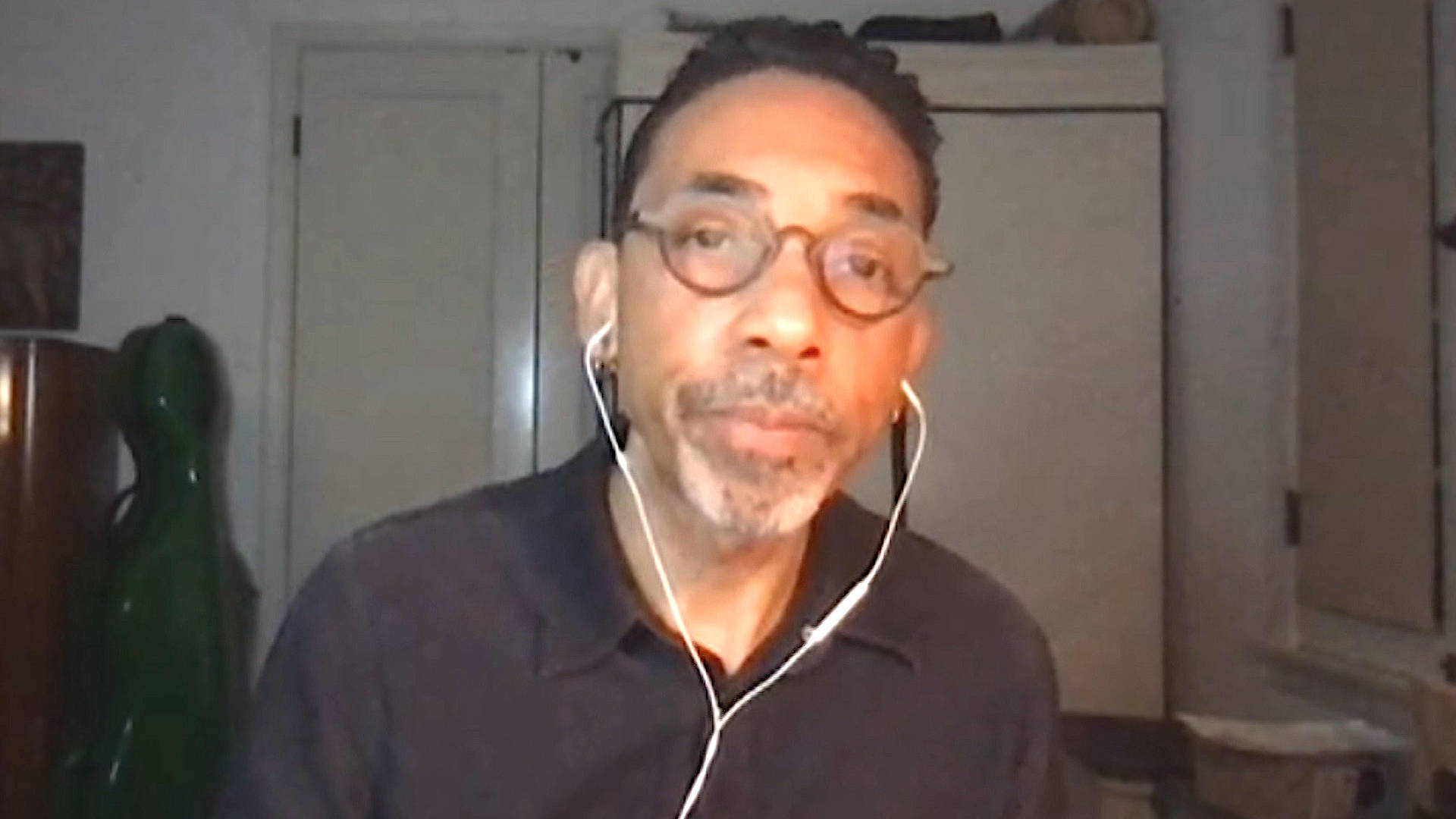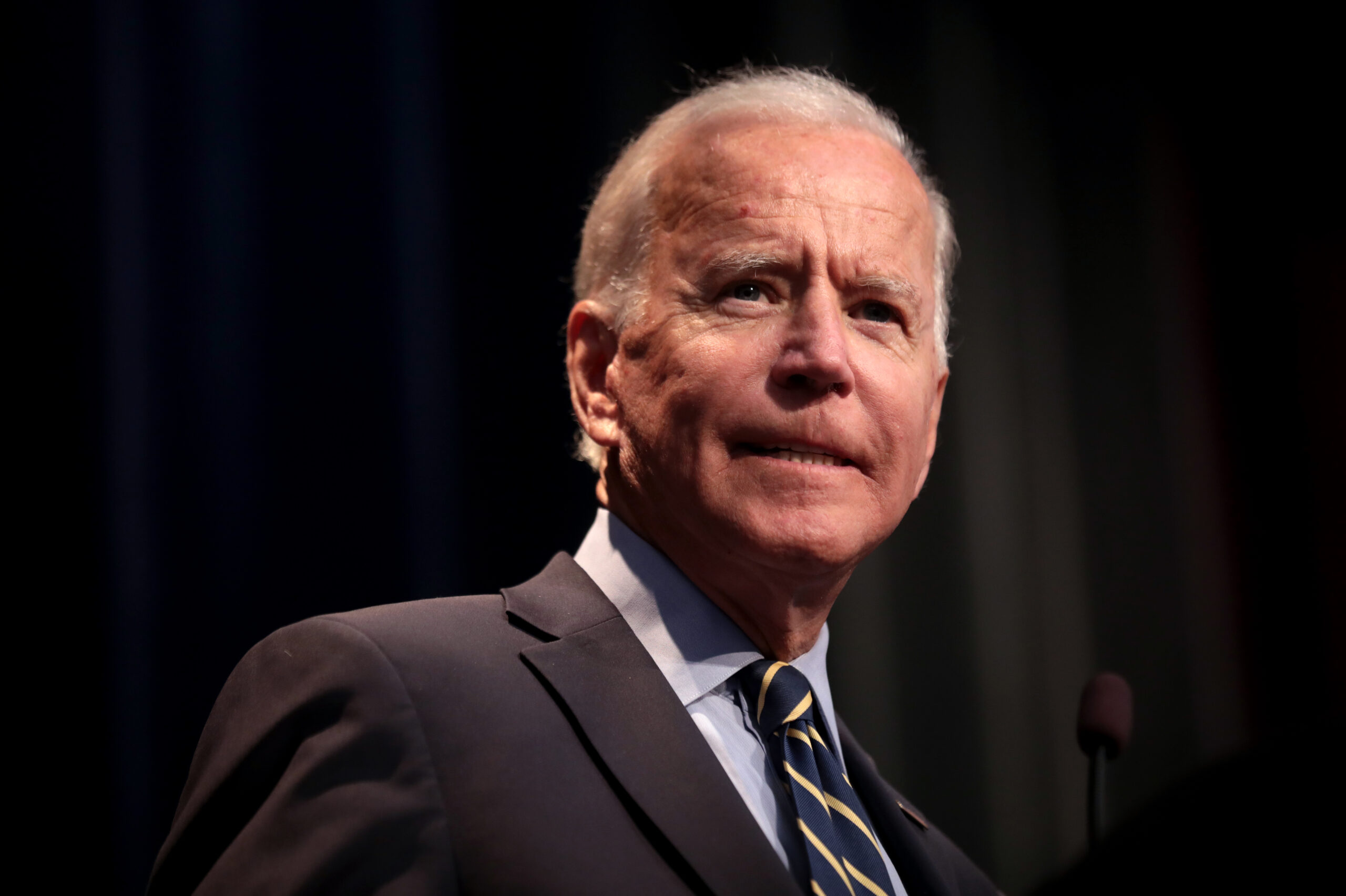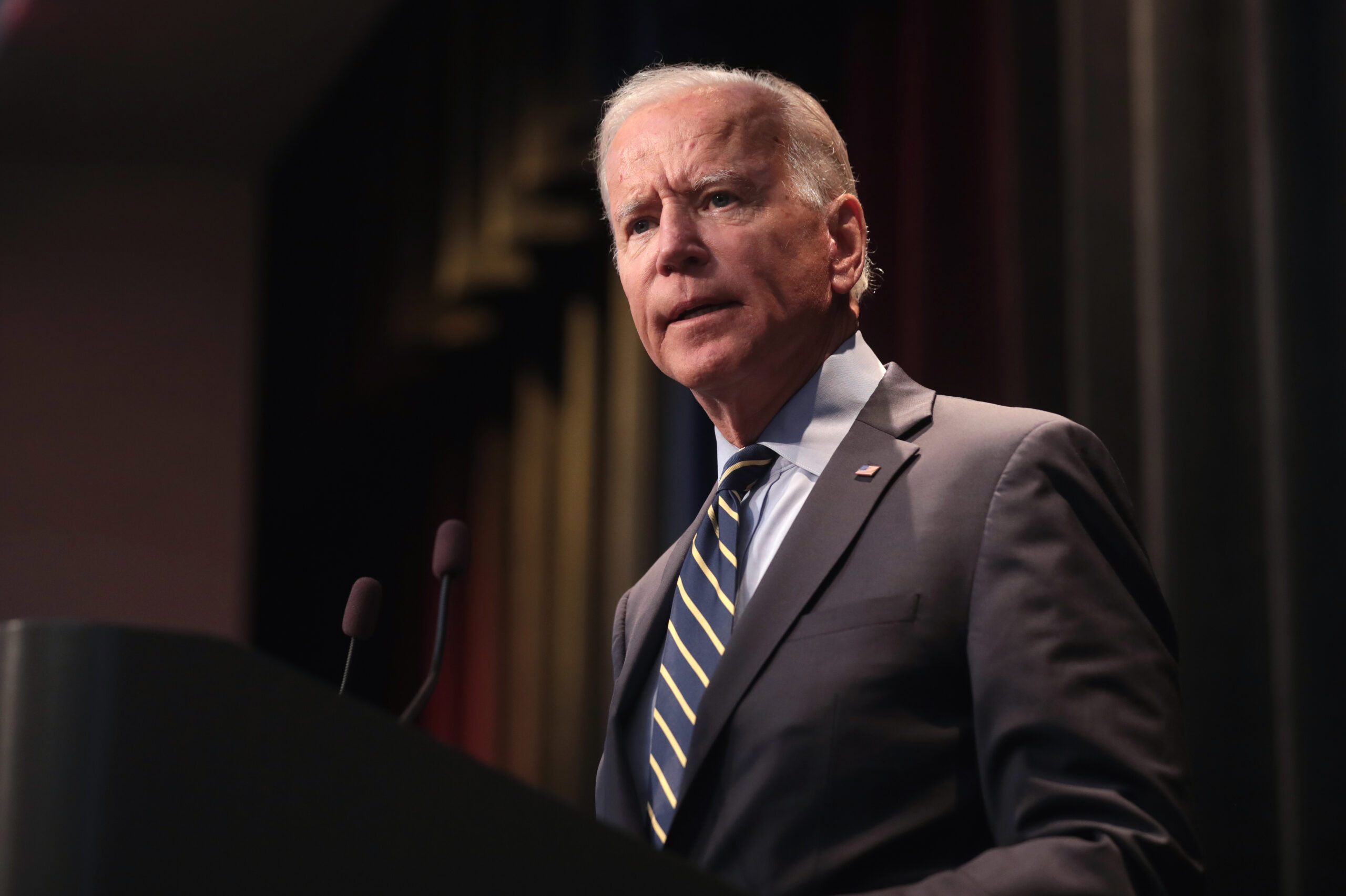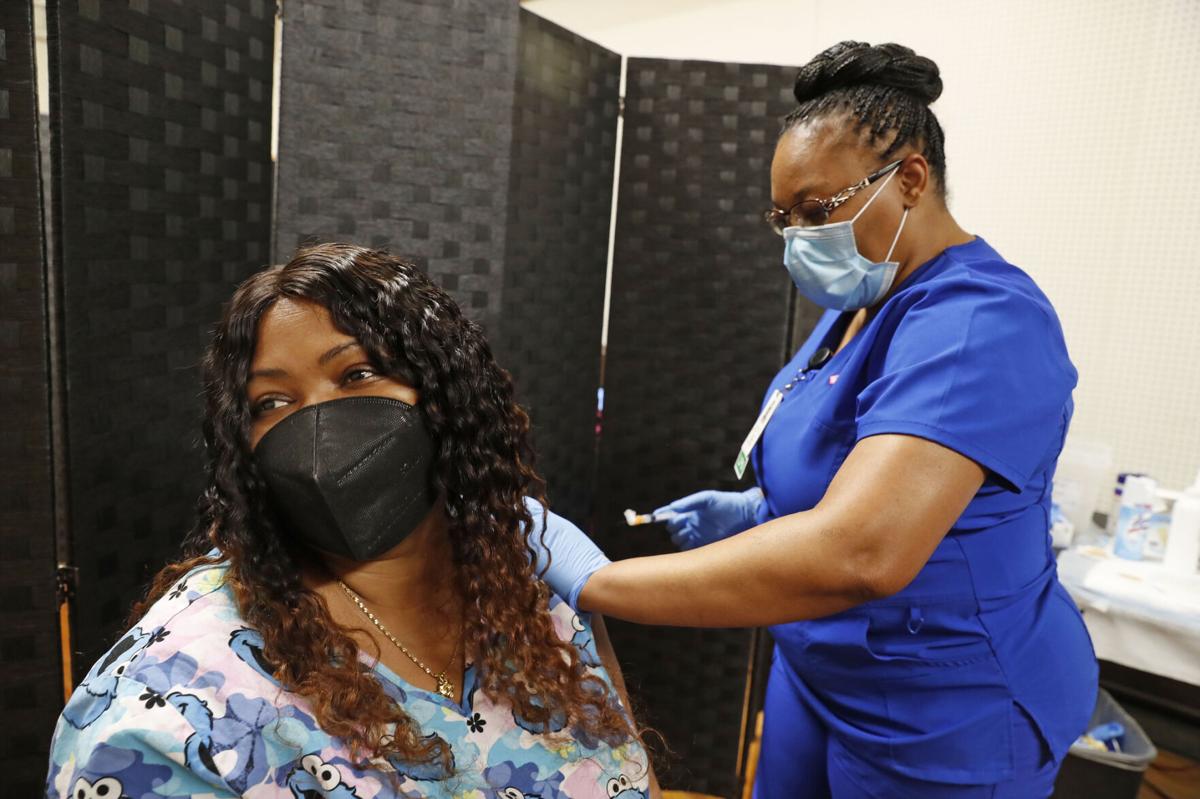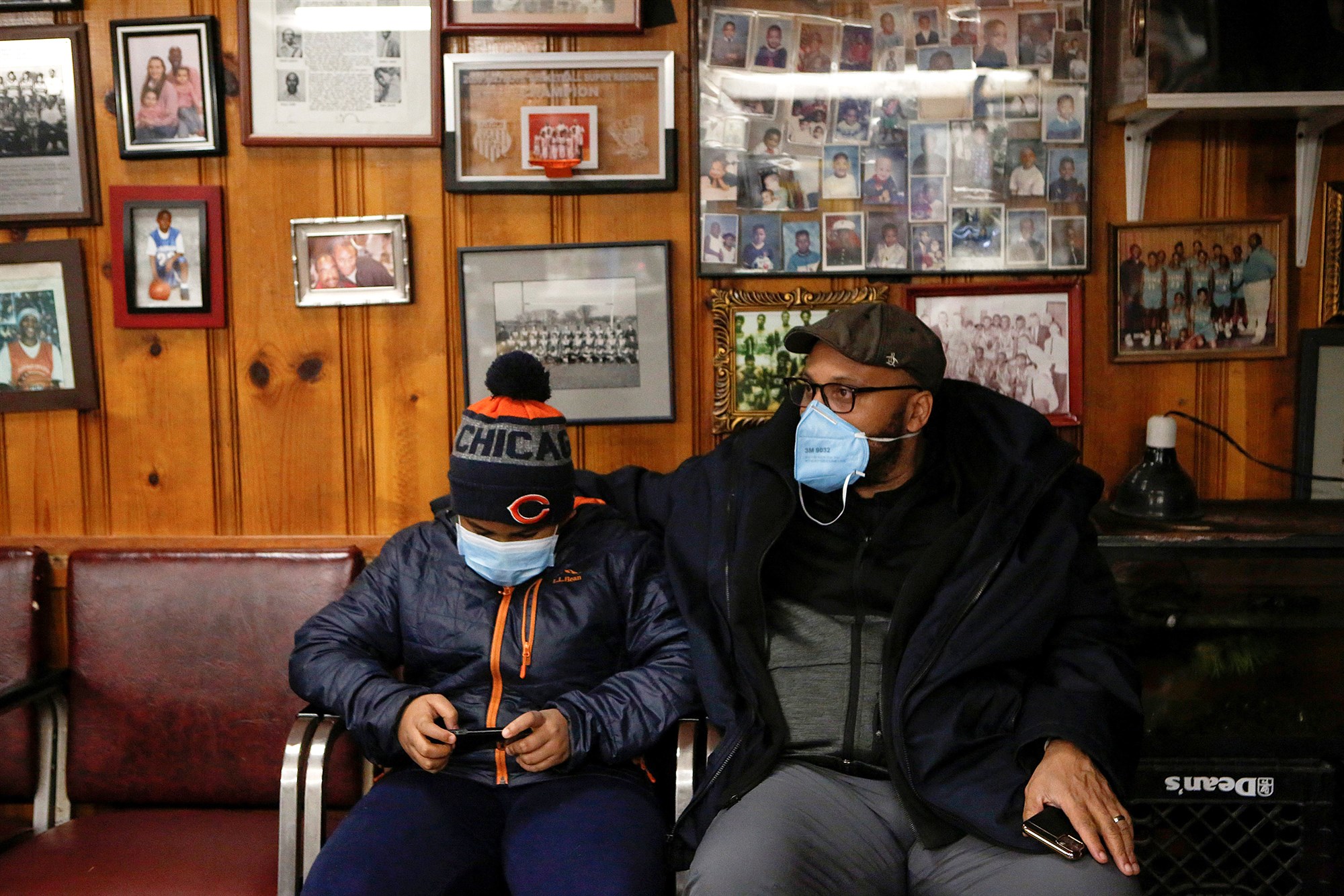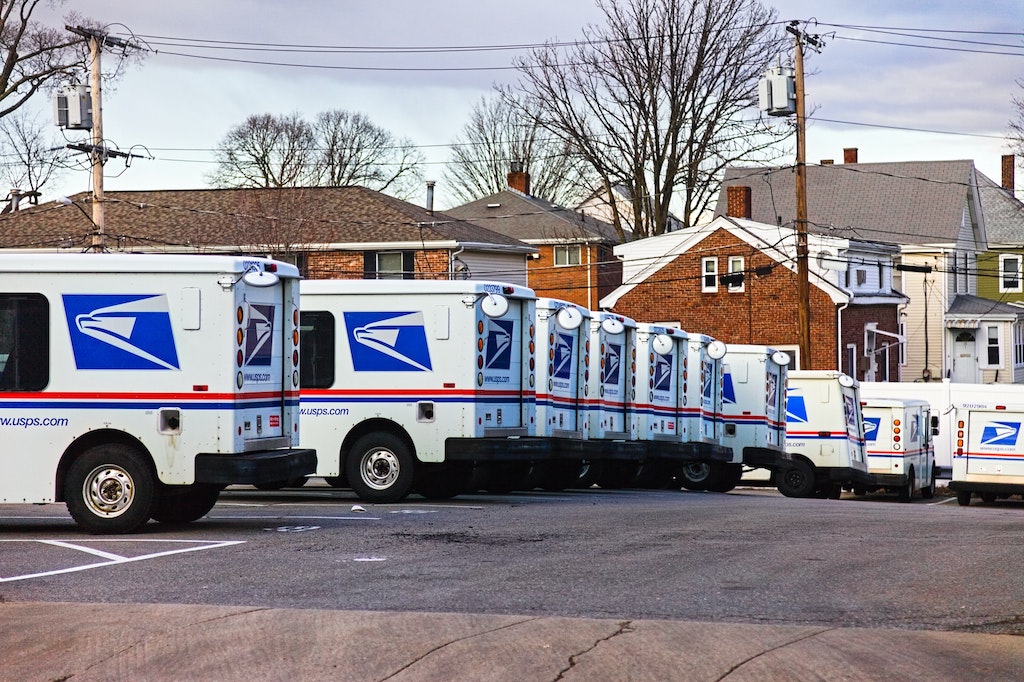The States Where Efforts To Restrict Voting Are Escalating
By Alex Samuels, Elena Mejía, and Nathaniel Rakich
Read the full article from FiveThirtyEight, here.
But the push to restrict voting rights expands beyond just a few states. According to the Brennan Center for Justice, a voting rights advocacy group, 253 bills to restrict voting access had been introduced in 43 state legislatures as of Feb. 19. And according to our own tracking, at least 53 additional bills have been introduced since then. 1 Of these 306 bills, 89 percent were sponsored entirely or primarily by Republicans, according to the bill-tracking service LegiScan.

